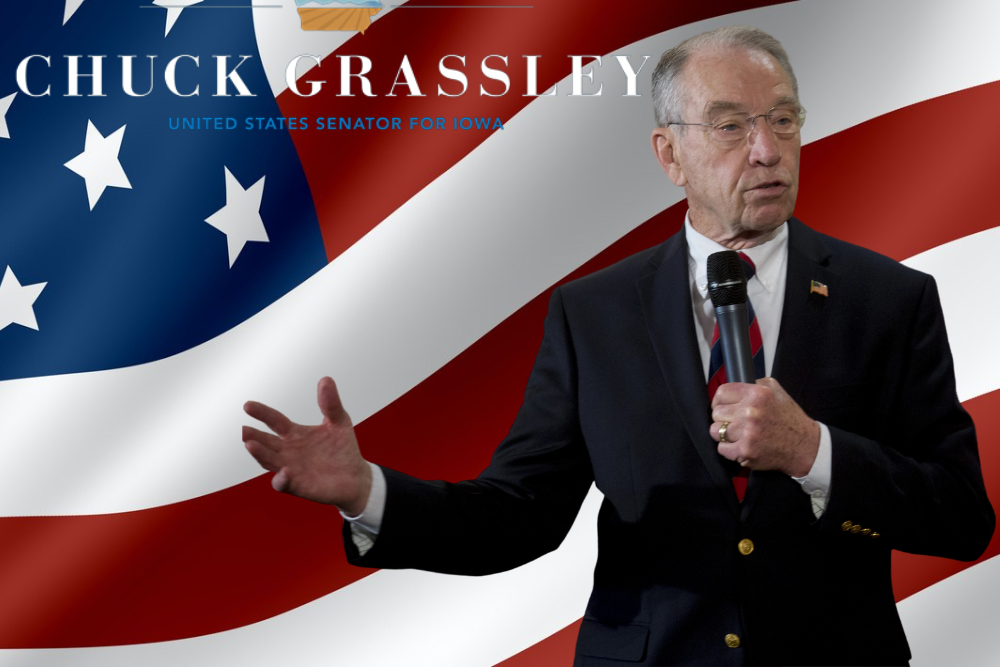Sens. Chuck Grassley (R-Iowa), Bob Casey (D-Pa.), Sherrod Brown (D-Ohio), John Barrasso (R-Wyo.) and Ben Ray Luján (D-N.M.) sent a letter to the Centers for Medicare and Medicaid Services (CMS) seeking clarification on the flexibilities that will be granted to pharmacists once the COVID-19 public health emergency (PHE) designation ends. The bipartisan group is seeking a smooth transition for pharmacists that ensures regulatory flexibility.
“As HHS and CMS prepare to end the PHE, we want to ensure a smooth transition ensuring maximum regulatory flexibility under the statute. We request clarification about the flexibilities granted to pharmacists once the PHE ends regarding testing, vaccination, and other medical services. […] We also request CMS publish guidance about what flexibilities and clarified roles pharmacists will be able to maintain under Medicare once the PHE ends,” the senators wrote.
“The pandemic has confirmed the importance of ensuring continued access to local pharmacists and we have long supported improving patient access to pharmacy services. This includes changing Medicare policy so pharmacists can receive reimbursement for additional health care services authorized under state law,” the senators concluded.
The federal government’s COVID-19 response allowed pharmacists to serve the Medicare population through testing, vaccine administration and other services authorized under the PHE declaration. For example, through the Federal Pharmacy Retail Program, pharmacists opened more than 10,000 free testing sites and administered nearly 230 million vaccine doses. As stated in the letter, research suggests many independent pharmacies reach our most vulnerable and underserved communities.
In the letter, Grassley and his colleagues also reiterate their commitment to passing bipartisan legislation to improve access to certain services. In the meantime, their goal is to ensure regulatory flexibilities are clarified under current statute once the PHE declaration ends.
Grassley, Casey and Brown are also working to pass their bipartisan Pharmacy and Medically Underserved Areas Enhancement Act. This legislation encourages pharmacists to serve older Americans in communities lacking easy access to doctors or where pharmacists are able to provide certain basic medical services.
Original source can be found here


